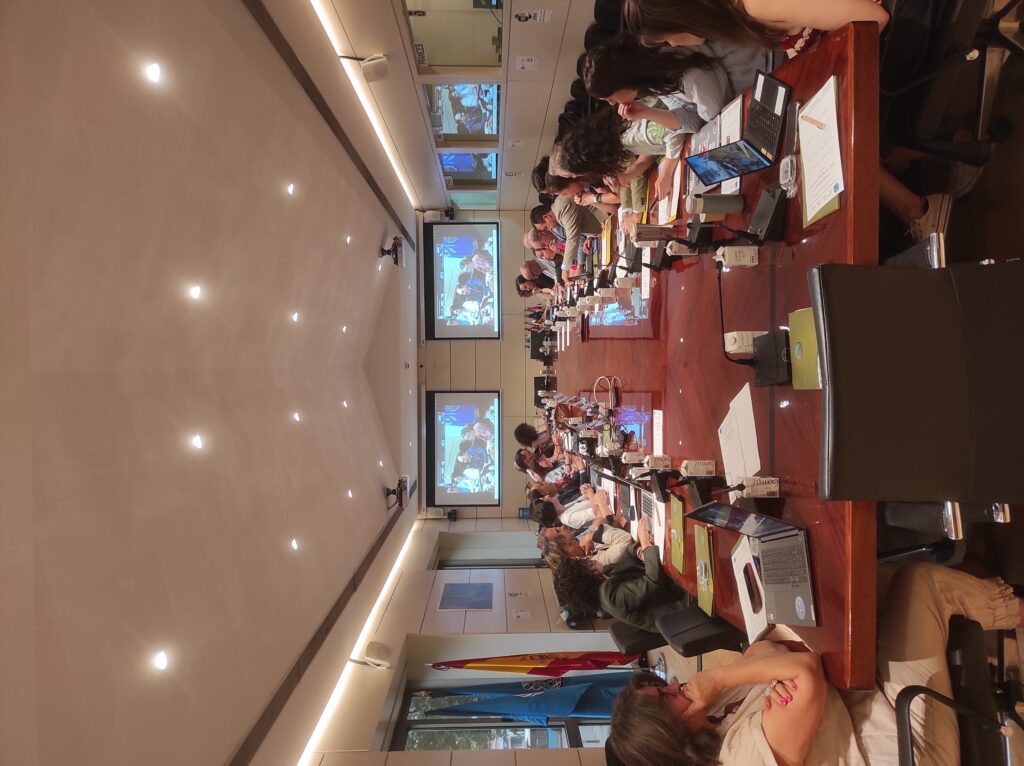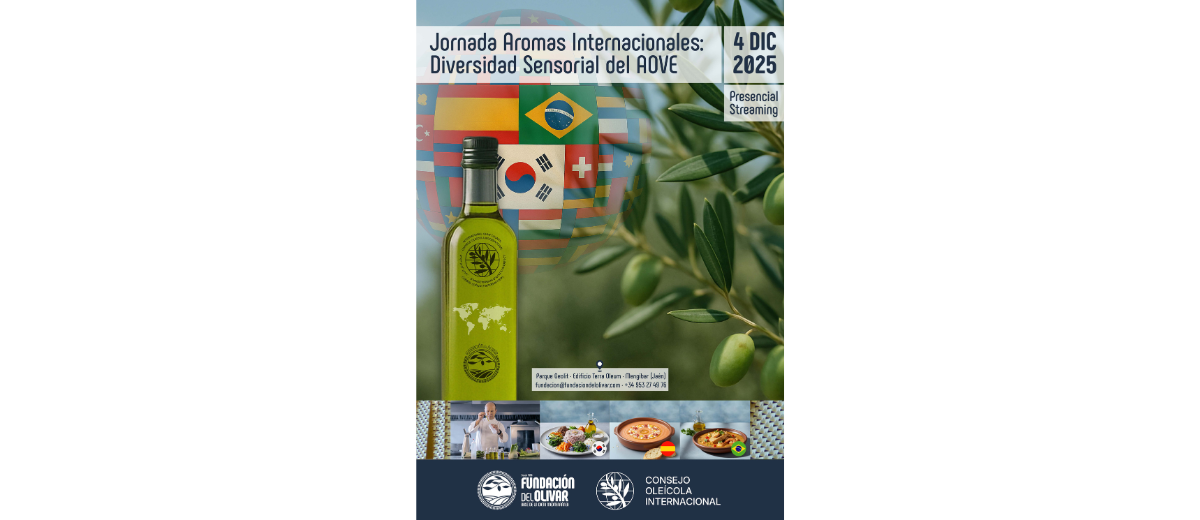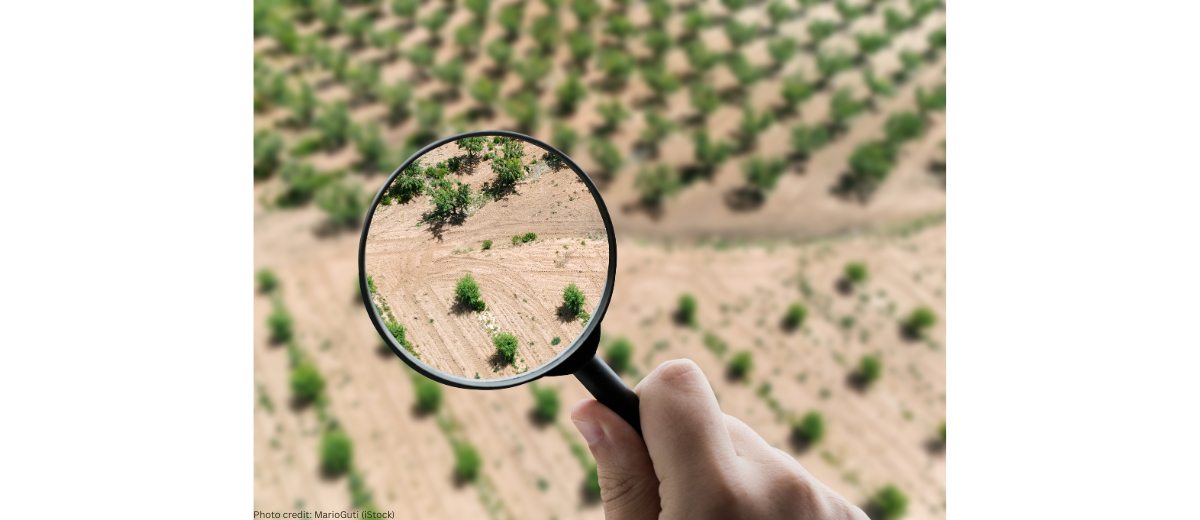The International Olive Council (IOC) hosted a workshop at its Madrid headquarters on 11 June 2025, bringing together nearly 60 participants from both IOC member countries and the olive oil sector. The event, titled “Workshop on Consumer Behaviour Studies: Capitalising on Findings and Setting Future Directions”, served as a platform for knowledge exchange and strategic planning for upcoming IOC research activities.
The day-long event featured presentations from leading experts and facilitated group discussions aimed at identifying research priorities that will shape the future direction of IOC economic and consumer studies.
The workshop opened with welcoming remarks from the IOC Deputy Executive Director, Abderraouf Laajimi, followed by a presentation delivered by Professor Mercedes Sánchez García of the Public University of Navarra. Professor Sánchez underscored the importance of understanding consumer behaviour to boost the trade of olive oil and better address consumer’s expectations with regards to the product’s most sought-after attributes.
In the first session, María Juárez, Head of the Economic Affairs and Promotion Unit, and Juan Luis Vicente, Head of the Statistics Department, presented key findings from consumer behaviour studies conducted across four major regions between 2020 and 2024. The session highlighted major trends, market insights and the practical constraints encountered in conducting such studies. A panel discussion moderated by Petjon Ballco of the Aragon Food Research and Technology Centre (CITA) explored best practices for designing and implementing future research.
Participants then engaged in breakout discussions, divided into three working groups led by Azucena Gracia Royo (CITA), Petjon Ballco (CITA), and María Gutiérrez Salcedo (INUO – University Institute for Research on Olive Groves and Olive Oils). The concluding session was moderated by Imene Trabelsi, Head of the IOC Promotion Department. These sessions fostered a collaborative environment to generate proposals on relevant economic themes and methodological improvements for upcoming studies.
 The working groups identified a range of priority topics, including:
The working groups identified a range of priority topics, including:
- The economic impact of climate change on olive oil production
- Global value chain analysis and circular economy opportunities
- Consumer perceptions, motivations and willingness to pay in producing and non-producing countries
- Strategies for engaging younger demographics and non-consumers through digital and sensory-based approaches
Recommendations also called for the adoption of innovative research tools, such as AI-powered analytics, triangulated data collection methods, digital ethnography and targeted segmentation studies. Participants stressed the importance of sharing findings strategically, using infographics, webinars and influencer-led communication campaigns.
The workshop concluded with a closing address by María Gutiérrez Salcedo and a summary session led by Abderraouf Laajimi, Deputy Executive Director of the IOC, outlining next steps and proposed activities. These include biannual workshops, harmonised methodologies and increased inclusion of regional experts to strengthen data-driven decision-making and sector development.
This workshop reflects the IOC’s ongoing commitment to advancing evidence-based research, promoting international collaboration and supporting sustainable growth in the olive oil sector.










